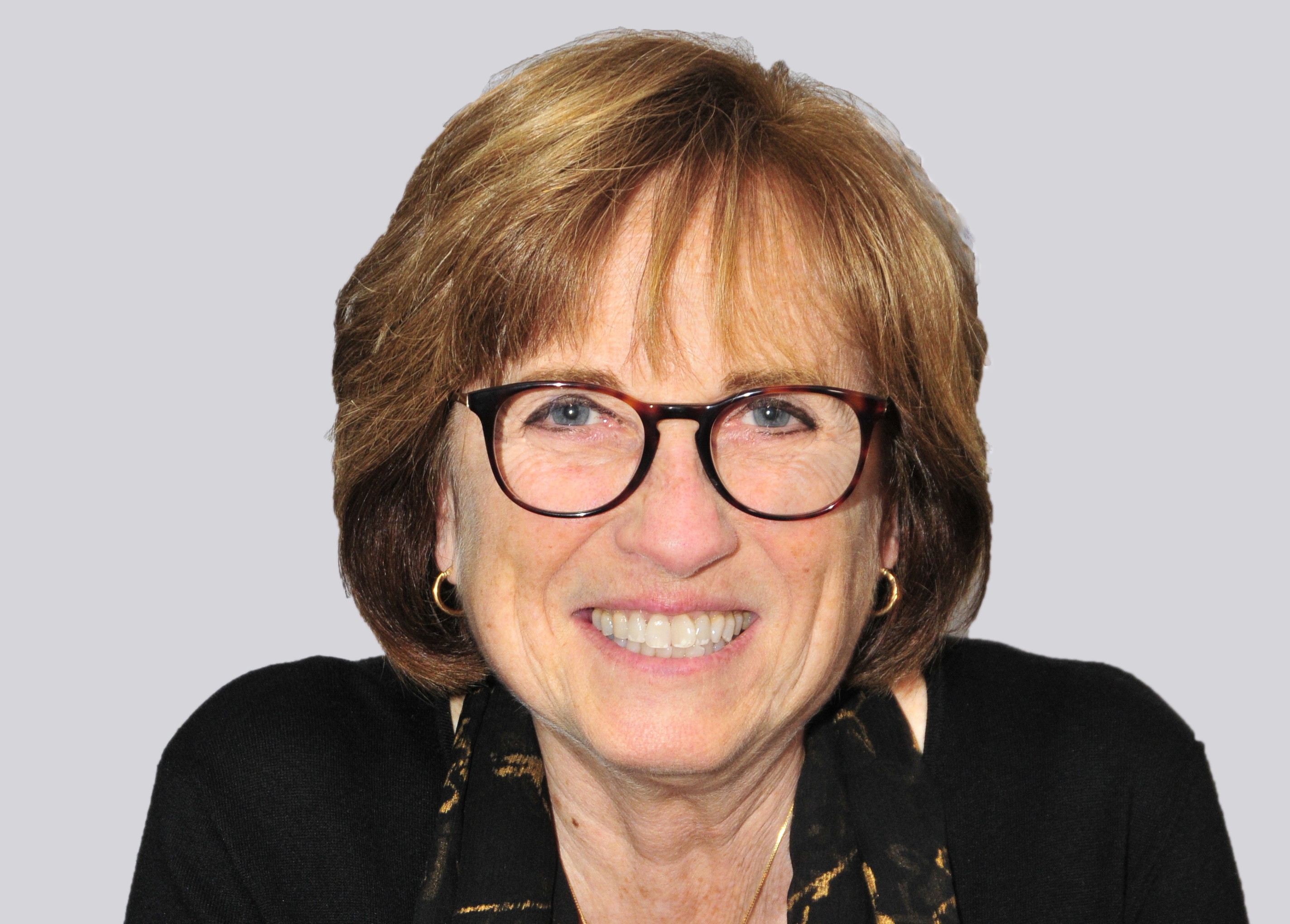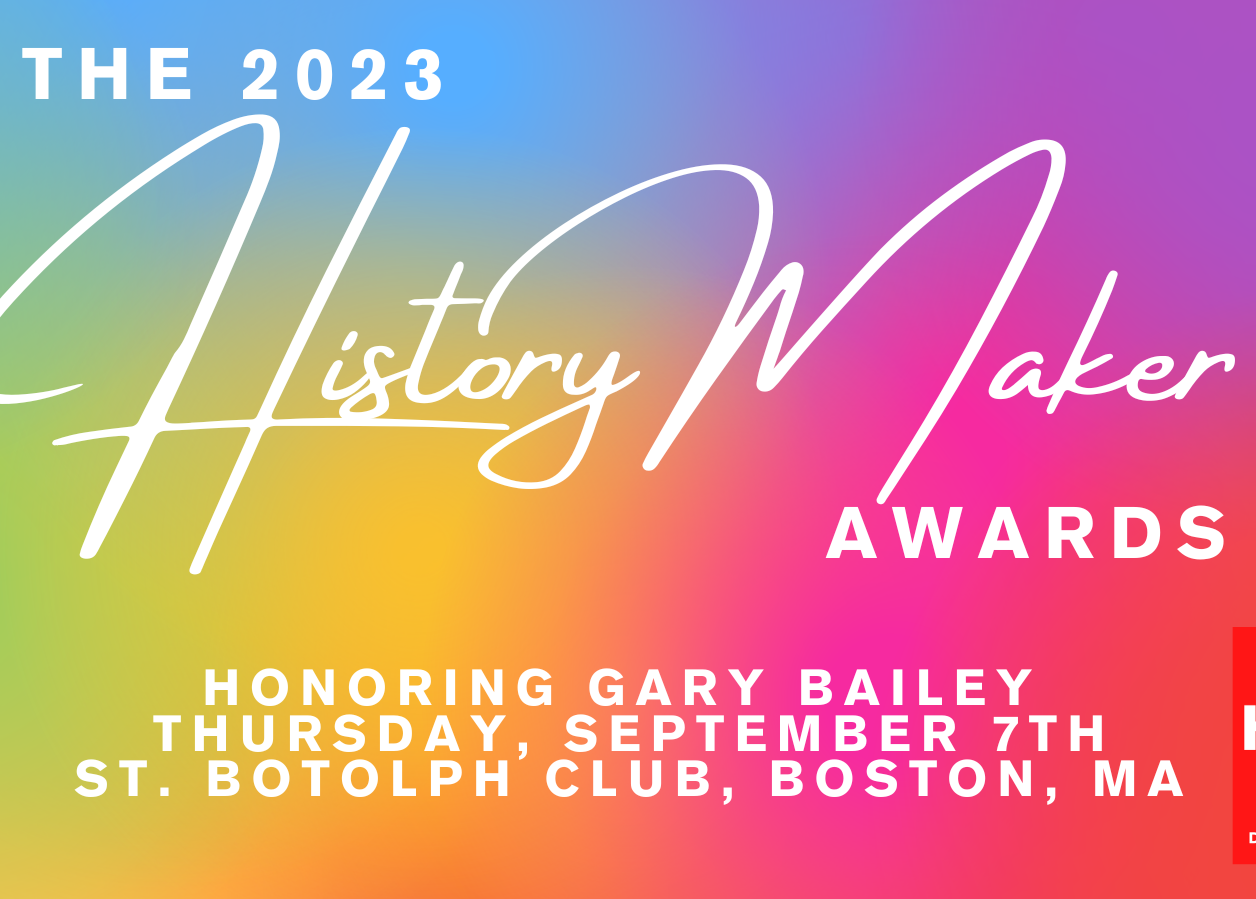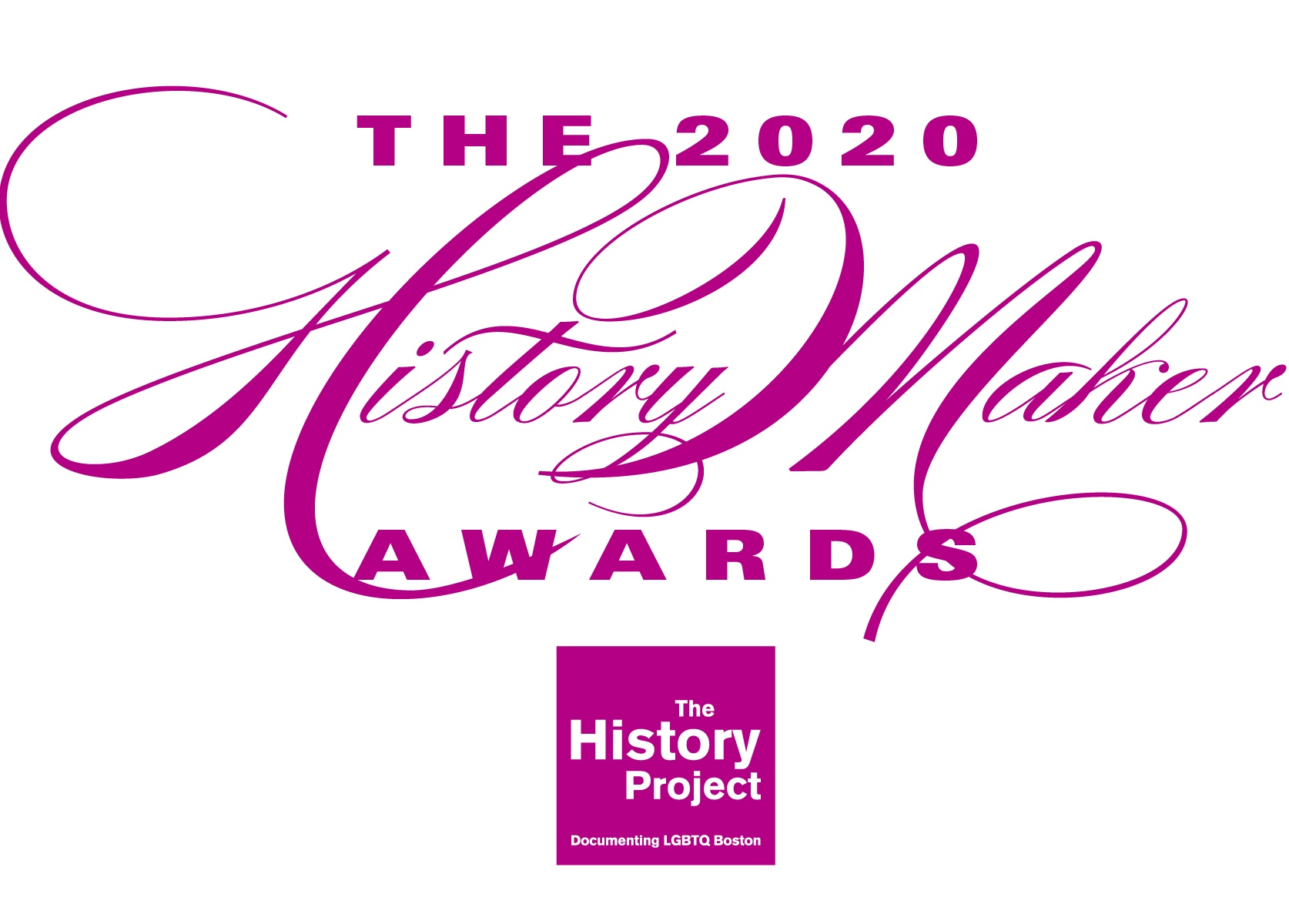Sort by:
Orlando del Valle: “I’ve always been a person who invented my life as I went along”
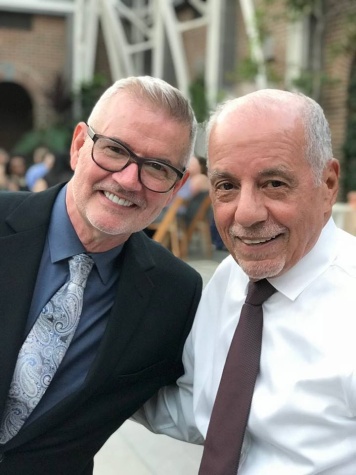
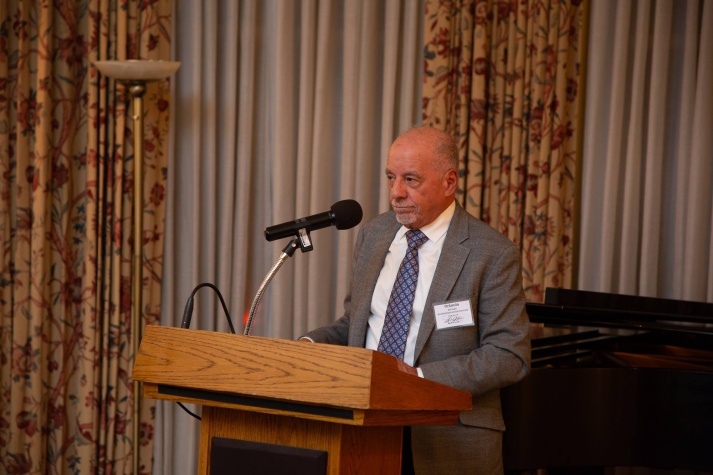
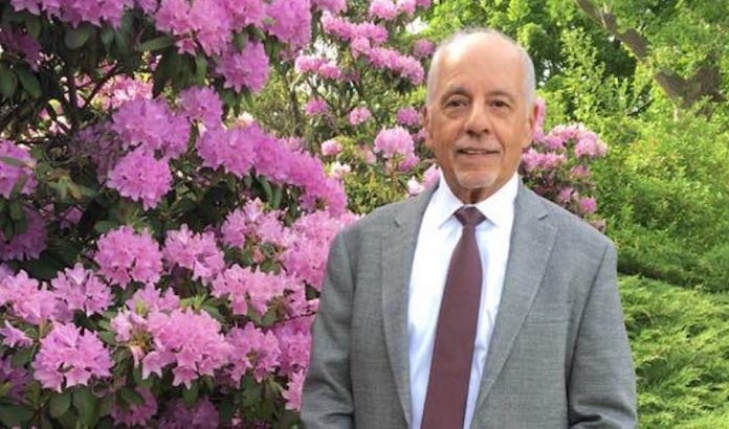
This past October, during the 2018 HistoryMaker Awards ceremony, The History Project awarded the HistoryMaker Award to Orlando del Valle, in recognition of his profound and lasting effect on Boston's LGTBQ community - from the founding of Club Antorcha, a social club for Latino gay men, to his work with Cambridge Health Alliance, Positive Directions, La Alianza Hispana, and the Latino Health Network/Institute. Below is a copy of his remarks.
You know, when I first heard I had received the HistoryMaker Award, I felt a little sad. When you receive a lifetime achievement award, it’s tempting to take it as a sign that your best days are behind you. The good news is that as soon as I began to feel that way, a little voice popped into my head. And that voice said: "CURTAIN UP! LIGHT THE LIGHTS! YOU’VE GOT NOTHIN’ TO HIT BUT THE HEIGHTS!"
Seriously, I can’t thank The History Project enough for this honor. When I was a kid growing up in New York City, I could never have imagined that I would one day be receiving an award like this in such a swanky venue. But on another level it’s not surprising; I’ve always been a person who invented my life as I went along.
I was born in the South Bronx in 1940. In addition to my Puerto Rican family, we had an Irish woman who lived across the hall, an Italian family upstairs, and a huge Catholic church down the street with a bunch of nuns and priests parading around. As a result, I began life knowing others who came from a different culture and social status than I did. Growing up on this Noah’s Ark filled with all kinds of people was my first lesson in diversity. My second lesson came when I was accepted at New York’s High School of Music and Art – now known as LaGuardia High School – where I was one of only two Latinos in the school.
Many of you know that I was once married to a woman, Elizabeth, and that we had a son, Nicholas. But long before I was married, I knew I was attracted to men. And vice versa. Although I barely knew what to call these feelings, I did know that they existed outside the margins; they had a whiff of danger about them; and they were totally compelling. As an adolescent, I discovered kindred spirits at my school, and the streets and museums of Manhattan. Once, as a teenager, when I was cruising in Washington Square Park, I happened to encounter my uncle, Osvaldo, who had been in the military and was married to a German woman. As the millennials would say: Awkward!
My first exposure to Boston’s gay community was as a spear carrier. During the 1960s, after working as a supernumerary at the Metropolitan Opera, I landed a gig working for the late Sarah Caldwell of the old Boston Opera Company. I moved to Beacon Hill, where my life continued its series of twists and turns. I opened a children’s clothing store, and a restaurant in Harvard Square. Eventually, I landed a job as Michael Dukakis’ liaison to the Latino community. After Elizabeth went back to New York and I stayed, my coming out and my community activism kicked into high gear.
My first effort around community organizing began when I saw how badly gay Hispanic men were treated by the rest of the gay male community. Given the taboos in Latin culture, and the expectations within their families – who often disowned them – they faced even greater pressures than those confronting white gay men. Many of them were also socioeconomically disadvantaged as a function of being poor. As a result, they saw themselves as “less.” And so I started Club Antorcha, which helped give these men a sense of belonging and self-worth.
Soon after that, I became a founder of the Latino Health Institute, which was created to address disparities in health care faced by Boston’s Latinos. This was during the period that AIDS began to cut a wide and terrible swath through our community. It was a devastating time. I knew dozens of young, talented, beautiful men who died – men who should be physically present in this room tonight, instead of being here in spirit.
Eventually, I decided to link my activism and my professional life by obtaining a masters degree in social work – because as many of you know, if there was ever a person who could put the “social” in “social work,” it was me.
Someone asked me recently to identify a moment in my personal history that stands out above all others. That was an extremely easy question to answer. Over the years, I had a number of partners, all of whom played a role in my journey. For me, having these experiences was sort of like visiting the stations of the Cross. When I met Roland St. Jean, I knew I had reached my final destination. While other relationships gave me perspective on different slices of life, Roland handed me the entire pie. Roland, honey, as with every other part of my life, I share this award with you.
Another pivotal moment occurred in the early 2000s, when I joined the board of The History Project. In the process I fell in love with not one, but two women – Pat Gozemba and Libby Bouvier – both of whom were, and are, in very different ways, brilliant and funny and fierce.
For those of you not familiar with The History Project, there are a few things you need to know. The History Project is a place that has always – always – focused on documenting the truth and the reality of people who have traditionally been marginalized and rejected. When I was a young man, the feelings I had toward other men carried huge dangers and risks. You could be fired. You could be blackmailed. You could end up without a career, or a family.
Almost forty years ago, a small group of activists saw this state of affairs, banded together, and said: “No more.” They began to collect the fragments of our history, and to share them with others. That valiant and essential work has continued over the decades, thanks to devoted volunteers who have rescued history from curbside trash bins; spent thousands of hours lovingly processing the life stories of our departed heroes and heroines; and stuffed thousands of envelopes in the hope of convincing others to support our work.
The History Project is more than a group of astonishingly committed volunteers. It’s more than the rooms that contain over a million historical documents from Boston’s LGBTQ communities. The History Project is an avatar of what is possible when a group of visionaries decides to change the course of their own history – setting an example not just for Boston, but for our country and the world.
I’ve included The History Project in my estate, and I encourage others who are gathered here tonight to do the same. In the short term, I ask all of you to not only keep supporting the group with your time and donations, but to increase that support, so we can continue to fight those who would like brown, black, and white LGBTQ people to be invisible, or marginal, or less than. Are you with me?
Darlings, my hearing isn’t what it used to be. ARE YOU WITH ME?
Thus concludes our entertainment for the evening. Thank you again for this extraordinary award. Stay fierce.
Top Related Stories
Introducing Arline Isaacson as our 2022 HistoryMaker Awards honoree
The History Project to celebrate Arline Isaacson, lobbyist, political consultant, and Co-Chair of the Massachusetts GLBTQ [...]
The History Project to celebrate Arline Isaacson, lobbyist, political consultant, and Co-Chair of the Massachusetts GLBTQ [...]
Celebrating LGBTQ+ activist Gary Bailey at the 2023 HistoryMaker Awards
FOR IMMEDIATE RELEASE Friday, June 2, 2023 MEDIA CONTACT: Joan Ilacqua, Executive Director joan.ilacqua@historyproject.org BOSTON - [...]
FOR IMMEDIATE RELEASE Friday, June 2, 2023 MEDIA CONTACT: Joan Ilacqua, Executive Director joan.ilacqua@historyproject.org BOSTON - [...]
Announcing the 2020 HistoryMaker Awards Honorees
The History Project, Boston’s LGBTQ archives, is pleased to announce our 2020 HistoryMaker Awards honorees. This [...]
The History Project, Boston’s LGBTQ archives, is pleased to announce our 2020 HistoryMaker Awards honorees. This [...]
